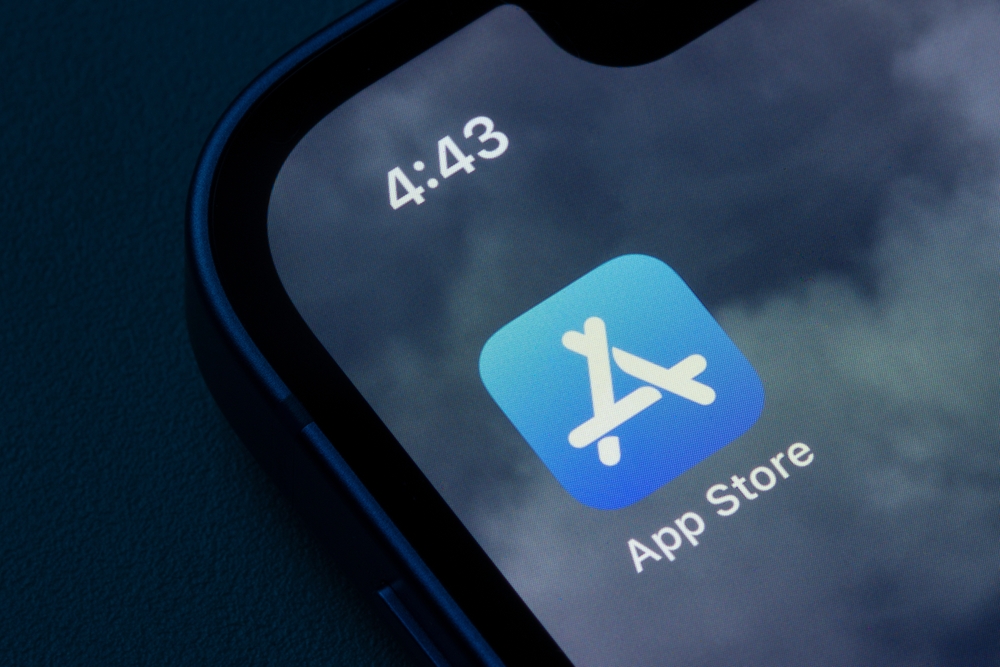In January, Apple announced policy changes that would give rival services to Apple Pay in Europe full access to NFC on iPhones. Banking apps and alternative e-wallets will be able to be used for contactless payment using a smartphone. This decision satisfied the EU, leading to the closure of the antitrust case against Apple Pay.
EU’s Approval and Investigation Closure
After considering the amendments proposed by Apple, European officials announced that they were satisfied with these concessions, and the four-year investigation into alleged abuses of the Apple Pay service would be closed. New API tools now allow other apps to become the default wallet, enabling full competition with Apple Pay. European banks and payment processors will be able to release their own apps without being at a disadvantage in terms of capabilities.

Apple also agreed to remove the requirement for developers to have a payment service provider license to make contactless payments with a phone instead of a card. The company is committed to supporting this feature as industry standards evolve, even in ways that may not be feasible for Apple Pay.
Limitations and Broader Implications
However, these opportunities will only be valid for developers in the European Economic Area, which includes 27 EU countries, as well as Norway, Iceland, and Liechtenstein. Authorities in other regions will obviously have to put pressure on Apple to achieve the same conditions. For instance, Mir Pay and other domestic services will not work on the iPhone, nor will services from many other countries outside of Europe.
This policy change is part of broader competition-related investigations into Apple by the EU in recent years, notes NIX Solutions. In January, the investigation into the case of streaming music services was completed, resulting in a €1.84 billion fine for Apple, which the company decided to appeal. The battle continues over compliance with the Digital Markets Act (DMA), which mandates that iOS should be open to the distribution of apps from third-party sources. Apple, however, claims that its proposed plan meets the DMA requirements.
We’ll keep you updated on how these developments unfold and their impact on the industry.
